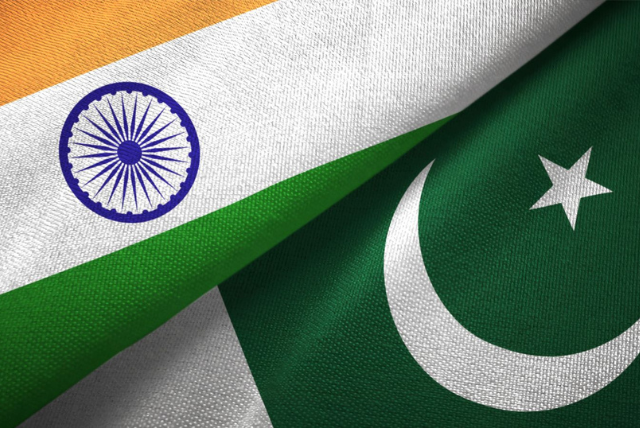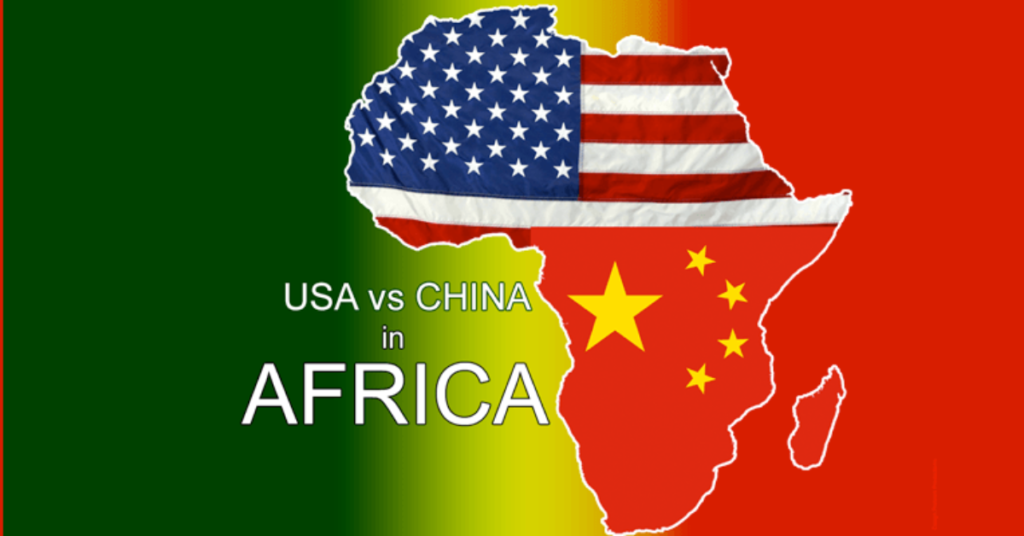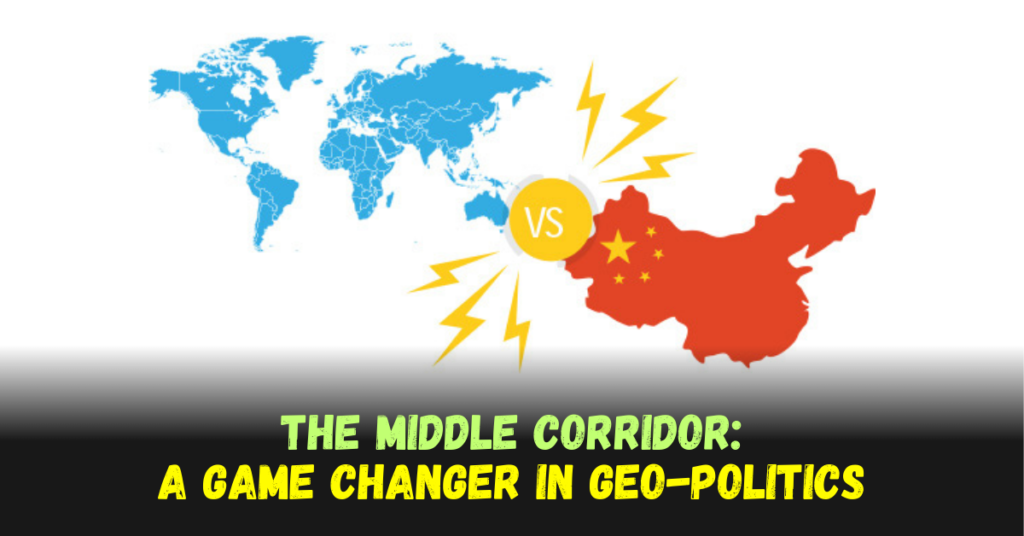The recent encounter between India and Pakistan at the United Nations General Assembly (UNGA) over a resolution on Islamophobia peeled back layers of complex geopolitical issues. This wasn’t just a debate about religious discrimination; it was a clash of narratives, historical baggage, and strategic maneuvering on the world stage.

Pakistan’s Play: The Islamophobia Card
Pakistan introduced the resolution titled “Measures to Eliminate Islamophobia,” attempting to frame India’s Citizenship Amendment Act (CAA) as discriminatory against Muslims. This tactic aimed to garner international sympathy and paint India in a negative light.
India’s Counter-Punch: Exposing Hypocrisy and Highlighting Internal Issues
India’s Permanent Representative, Ms. Ruchira Kamboj, delivered a powerful counter-punch, dissecting the arguments presented by Pakistan. Here’s a deeper dive into her key points:
- Beyond Religion: The CAA Explained: Ms. Kamboj meticulously explained that the CAA is not about religion. It’s a humanitarian measure offering citizenship to persecuted minorities – Hindus, Sikhs, Christians, Buddhists, Jains, and Parsis – from Pakistan, Afghanistan, and Bangladesh. These countries have Muslim-majority populations, rendering Muslims ineligible for minority status.
- Development vs. Religious Obsession: She took a strong stance against Pakistan’s focus on religion, arguing that it hinders progress. Ms. Kamboj pointed to the destruction of Hindu temples and Sikh Gurudwaras in Pakistan, highlighting the plight of minorities within that nation. This historical and ongoing persecution served as a sharp counterpoint to Pakistan’s accusations.

- Turning the Tables: Pakistan’s Backyard on Fire Ms. Kamboj skillfully redirected the conversation by drawing attention to the numerous separatist movements within Pakistan itself. Regions like Balochistan are actively seeking independence, highlighting the discontent with the Pakistani government. This tactic exposed Pakistan’s hypocrisy in meddling in India’s affairs while struggling with its own internal conflicts.
- Selective Outrage: Exposing the Charade Ms. Kamboj further exposed the hollowness of the resolution by pointing out that major nations grappling with Islamophobia, such as France, Germany, Italy, Ukraine, and the UK, abstained from voting. This strategic move by these countries indicated a potential lack of conviction in the resolution or a tacit agreement with India’s position.
- China’s Duplicity: The Wolf in Sheep’s Clothing Ms. Kamboj delivered a powerful blow by highlighting the hypocrisy of China’s vote in favor of the resolution. China has been heavily criticized for its treatment of Uyghur Muslims in the Xinjiang province. This blatant double standard further delegitimized the resolution and exposed the potential for political maneuvering within the UN.
See More: Black Lives Matter & Corporate America: The Evolving Landscape of DEI
Beyond the Debate: The Repercussions
The India-Pakistan exchange at the UNGA reverberated beyond the walls of the assembly hall. It sparked critical discussions surrounding:
- The Relevance of UN Resolutions: The debate raised questions about the effectiveness of UN resolutions on sensitive topics. With powerful nations wielding influence through lobbies, the objectivity of such resolutions comes into question. The India-Pakistan clash exposed how these resolutions can be used as political tools rather than instruments for genuine change.
- Double Standards and Power Dynamics: The contrasting stances of China and India on the issue highlighted the prevalence of double standards at the UN. Powerful nations often seem to escape scrutiny for human rights violations, while smaller nations face greater pressure. This raises concerns about the fairness and effectiveness of the UN system in addressing global issues.
- Sovereignty vs. Intervention: The debate underscored the importance of respecting national sovereignty. Countries need to prioritize addressing their internal issues before lecturing others. Pakistan’s attempt to frame India’s domestic policy as a human rights violation underscored the sensitivity of interference in another nation’s affairs.
India’s Strategic Victory: A Moral Win on the World Stage
While the resolution itself passed with 115 votes in favor, the abstention of 44 nations, including major powers, signifies a significant strategic win for India. This outcome demonstrates India’s ability to garner support from influential countries who share its concerns about the misuse of UN resolutions and the importance of upholding national sovereignty. The subtle yet powerful display of solidarity through the soft clapping by representatives behind India’s speaker further bolsters this notion.

A Microcosm of Global Tensions
The India-Pakistan debate at the UNGA served as a microcosm of larger geopolitical tensions. It exposed the complexities of addressing religious discrimination, the challenges of maintaining objectivity in international forums, and the power dynamics at play within the UN itself. India’s strong counter-narrative not only countered Pakistan’s accusations but also highlighted its commitment to protecting its minorities while safeguarding its national interests.
This event serves as a springboard for further analysis and potential future developments:
- The Future of India-Pakistan Relations: The fiery exchange at the UNGA is unlikely to foster a sudden thaw in relations between India and Pakistan. However, it could potentially lead to a more measured approach in future interactions on international platforms. Both nations might consider alternative channels for dialogue to address outstanding issues.
- The UN and Reform: The India-Pakistan episode reignites the debate on the need for UN reform. Questions surrounding voting systems, the influence of powerful nations, and the objectivity of resolutions necessitate a comprehensive review of the organization’s structure and functioning.
- The Rise of Multipolarity: The growing influence of countries abstaining from the vote suggests a potential shift towards a multipolar world order. With established powers facing scrutiny for their actions, emerging nations may have a greater say in shaping global discourse.
See More: The Emerging Cold War: A Race for Resources in the Melting Arctic Ocean
Looking Ahead: Navigating a Complex World Order
The India-Pakistan clash at the UNGA serves as a stark reminder of the complexities of the contemporary world order. It underscores the interwoven nature of religion, politics, and human rights. As the world grapples with issues of religious discrimination, national sovereignty, and the effectiveness of international institutions, the lessons learned from this event hold valuable insights for navigating the challenges of the future.
This incident serves not just as a bilateral dispute but as a case study for international relations experts and anyone interested in the intricate workings of the global stage. By understanding the motivations, strategies, and outcomes of this event, we can gain a deeper understanding of the forces shaping our world.
Thanks for Visiting Us In Focus!
For DMCA complaints, please visit our DMCA Form / Report Content
Follow us on other platforms as follows:
Facebook – https://www.facebook.com/usinfocus
X (formerly Twitter) – https://twitter.com/usinfocusdotcom


